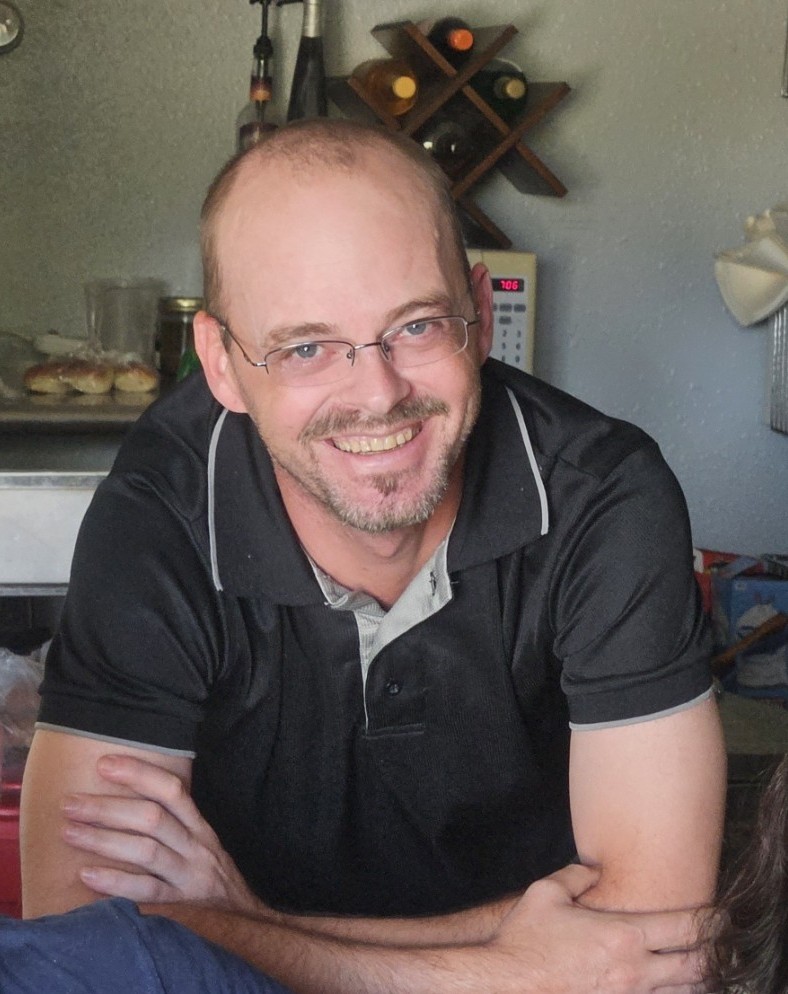

Today we’d like to introduce you to Aaron French.
Alright, so thank you so much for sharing your story and insight with our readers. To kick things off, can you tell us a bit about how you got started?
In high school, my brother and I alternated cooking dinner. I preferred when he didn’t cook—he always burnt or overcooked the food. I enjoyed making meals that looked beautiful and tasted good.
I took culinary arts courses in Missouri, where I learned very basic skills. From there, I started working in the food industry. Because of my Epilepsy, employers didn’t pay well and didn’t come through with promised promotions, so I usually held two or three jobs at a time. I worked everything from fast food to finer dining.
The finer dining spots were typically 50–75% scratch, which still wasn’t enough for me. I wanted better. I started catering on the side while juggling all those jobs, and eventually decided I wanted to start my own business.
I moved up north to live with my mother so I could save money. After a severe burn caused by an Epileptic seizure, my mom and I decided to search for property to open a TRUE scratch kitchen. We moved to West Virginia in 2018 and remodeled the property. We opened the doors in 2019—just six months before COVID hit.
Thankfully, we owned the property outright and didn’t have rent or a mortgage. We were able to adjust and adapt to the ever-changing COVID “rules” until things settled down. We introduced new flavor profiles and meal ideas to the area, and stayed open for about five years.
Eventually, I decided to go ahead with brain surgery to correct my Epilepsy. After surgery, I returned to Texas and shifted into private chef work instead of running a restaurant.
Now, I prepare “bespoke” meals for the special moments in my customers’ lives—Anniversaries, Birthdays, Mother’s Day, and more. Nothing brings me more joy than seeing the delight on someone’s face when they taste a meal I’ve prepared just for them.
Can you talk to us a bit about the challenges and lessons you’ve learned along the way. Looking back would you say it’s been easy or smooth in retrospect?
Yes and no.
No—mainly because of my Epilepsy. There were days I’d have up to 25 seizures, but I was still on the clock, still working. I rode my bike to and from work, so the physical strain was intense. But for me, it was just part of life.
Most of my employers didn’t understand. I was fired from several jobs and several employers backed out of promised promotions simply because I’d had a seizure at work.
Yes—because in the last few years, I’ve been able to set my own pace and schedule. I get to control the quality of the food I produce, and that’s everything to me.
And this past year? Incredible. I’m finally able to drive
Thanks for sharing that. So, maybe next you can tell us a bit more about your work?
I build food from scratch—and I mean scratch. I make my own breads, sauces, stocks, everything. I love adding a twist to traditional dishes to make them truly unique and exciting.
When I was a teenager, I’d sit at the kitchen table with my mom and we’d taste the different herbs and spices. That time together helped hone my sense of taste, and it’s made it easier for me to create unique dishes and recreate dishes I’ve tried—or improve on them.
I specialize in creating meals that feel personal and unforgettable. Whether it’s a private dinner, a celebration, or another special occasion, I craft food that speaks to the occasion and the people at the table.
What I’m most proud of is the journey. From working multiple jobs while managing Epilepsy, to opening a scratch kitchen in West Virginia, to now serving as a private chef in Texas—I’ve built this path with sheer determination, creativity, and intention.
What sets me apart is the intention behind every dish. I don’t just cook—I listen, I adapt, and I create healthy meals that reflect the occasion, the mood, and the moment. That’s what makes it special.
Networking and finding a mentor can have such a positive impact on one’s life and career. Any advice?
If you’re working in a restaurant, having a head chef who’s patient and willing to step in—whether it’s showing you how something’s done or helping when you’re overwhelmed—makes all the difference. That kind of mentorship helps you build skills, but more than that, it helps you feel supported in a high-pressure environment.
I’ve learned it’s important to find people who believe in you, but who are also honest. The ones who’ll tell you when something’s off—not to tear you down, but to help you grow. That kind of honesty builds trust in your art.
When it comes to networking, what’s worked best for me is showing up with clear intentions. Whether it’s a pop-up, a farmers market, or a private dinner—I treat every interaction as a chance to connect, not just promote. I listen. I share my story. I stay open.
Sometimes, mentorship shows up in unexpected ways. A customer who keeps coming back, another chef who shares a tip, or a friend who reminds you why you started.
Contact Info:
- Website: https://www.privatechefaaron.com/
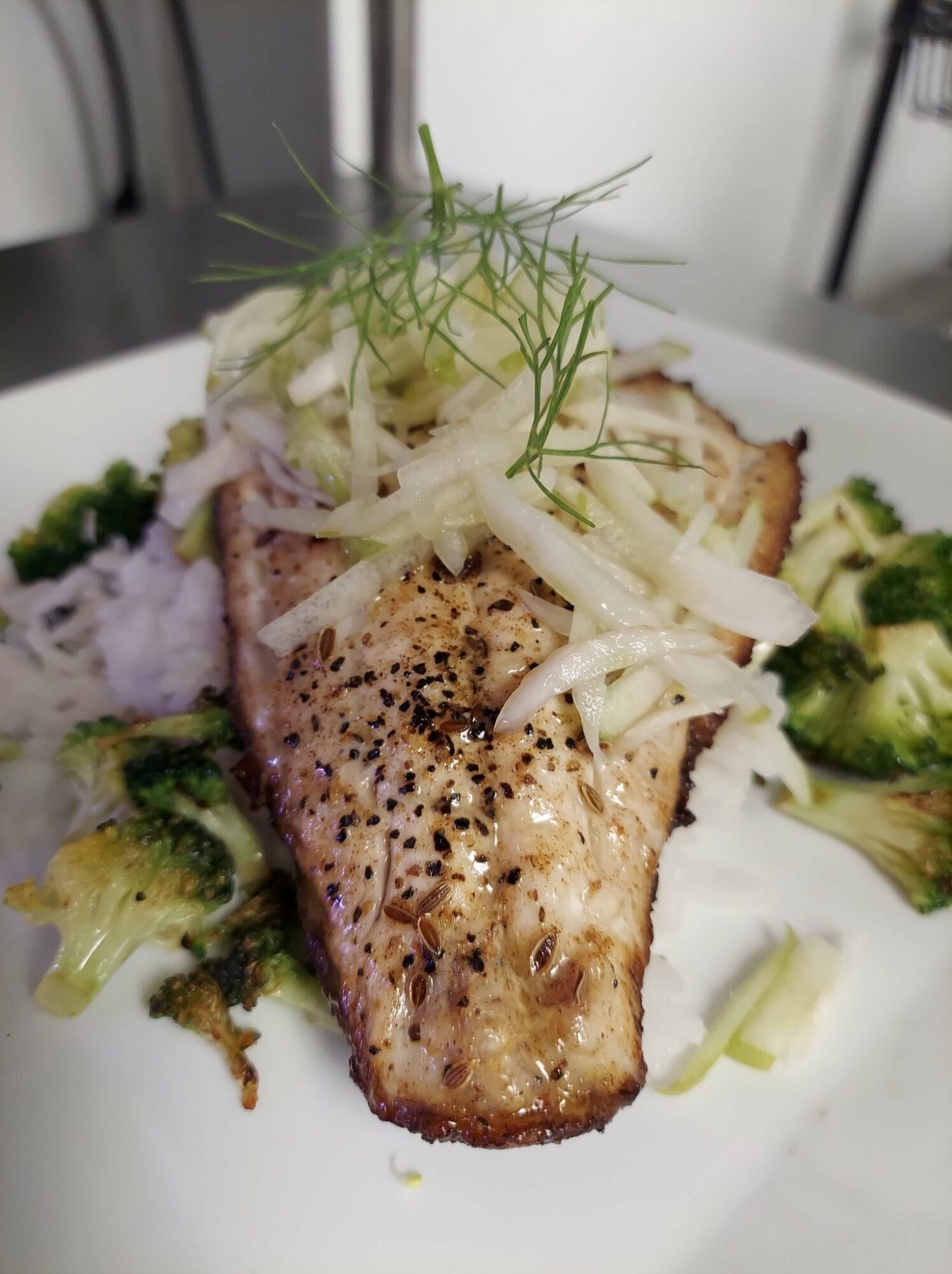
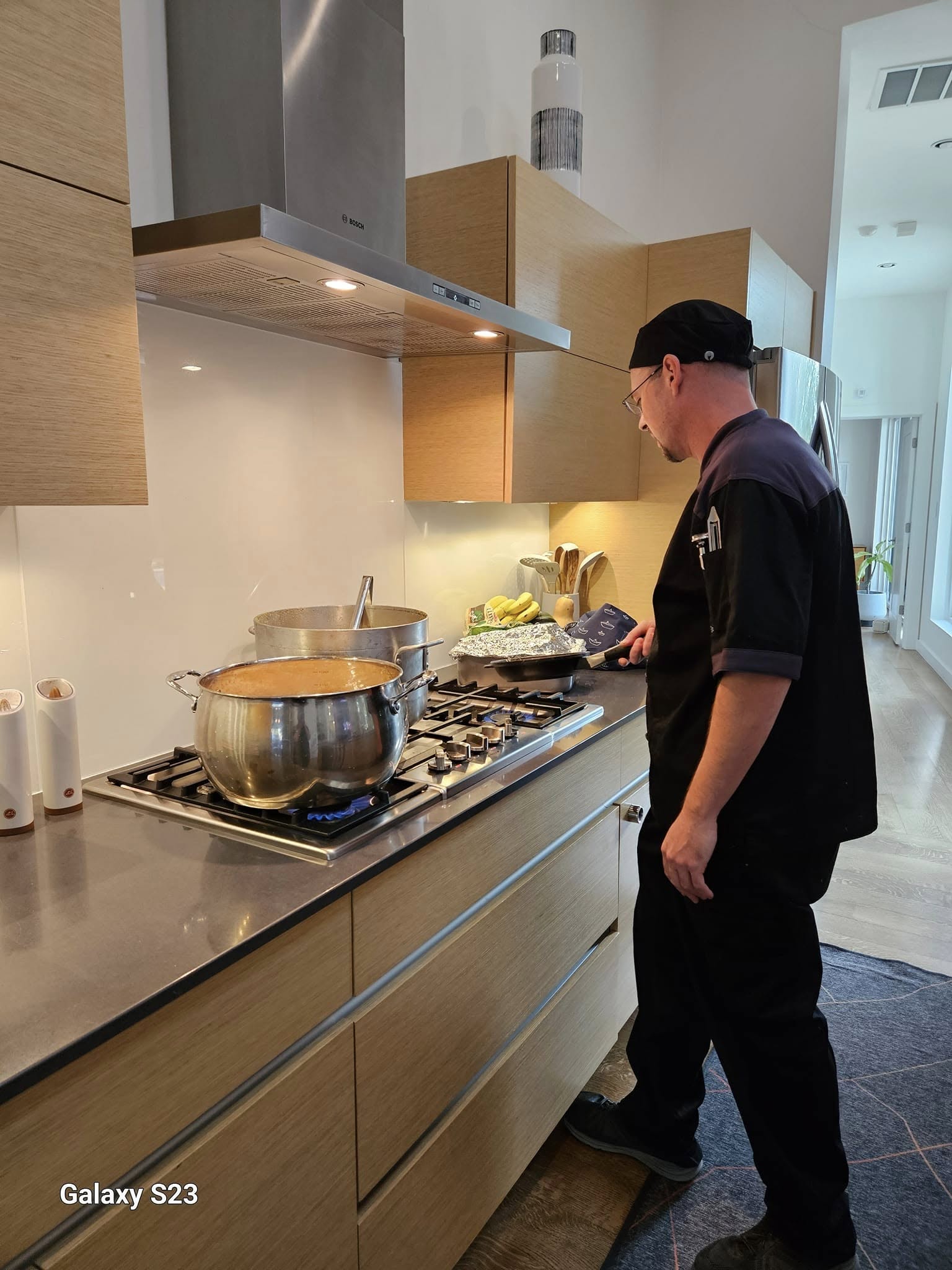
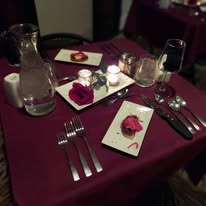
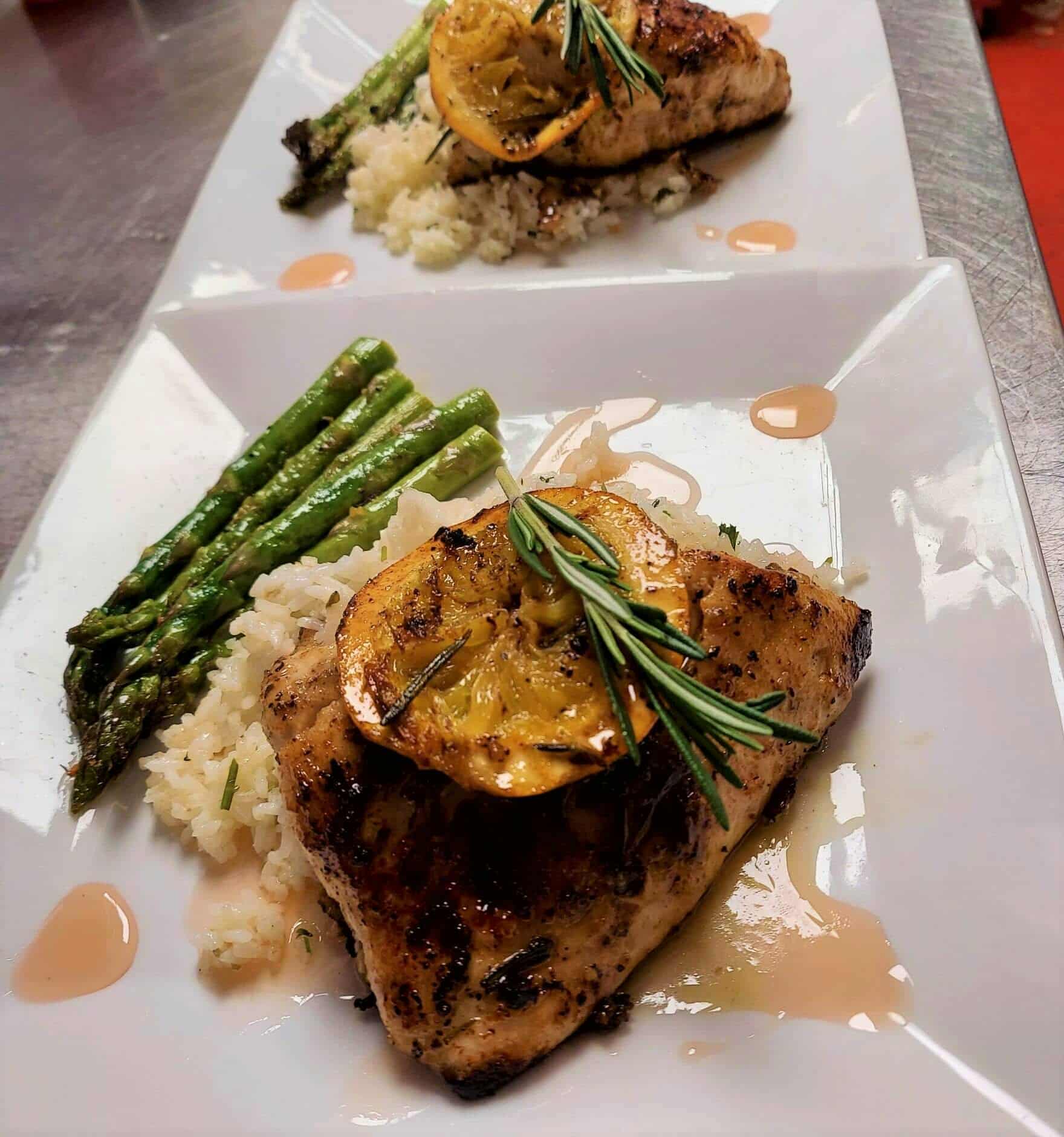
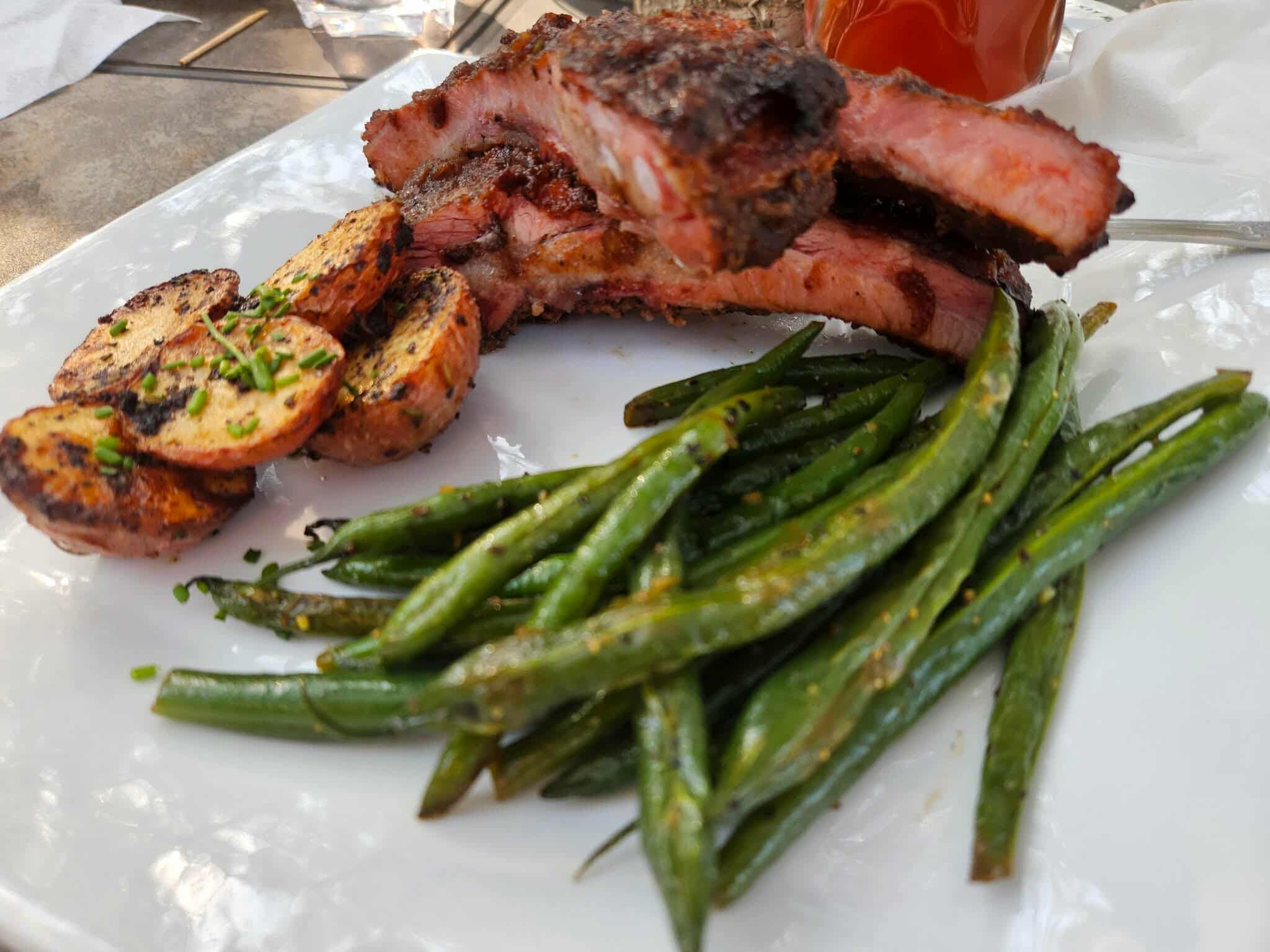
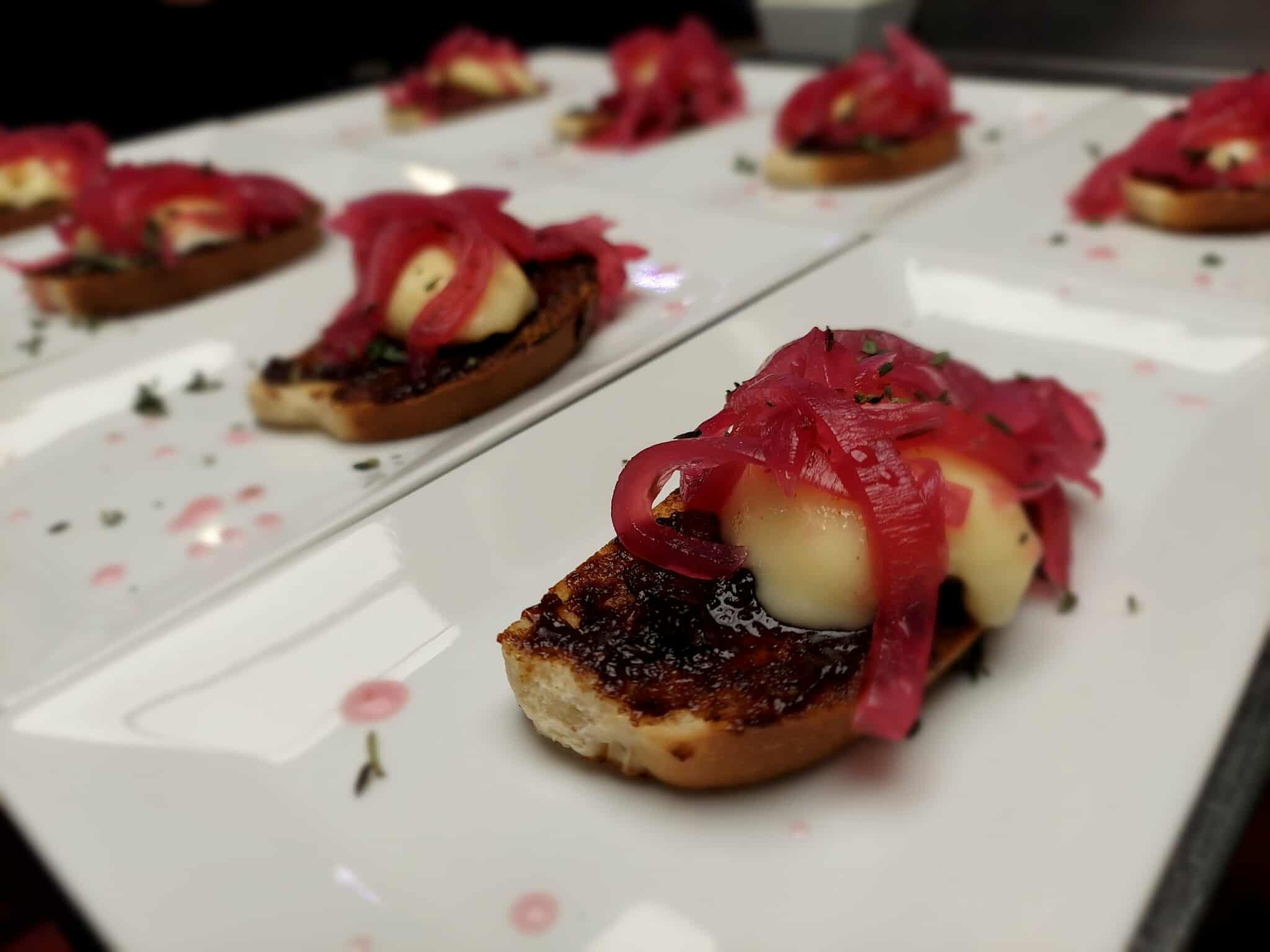
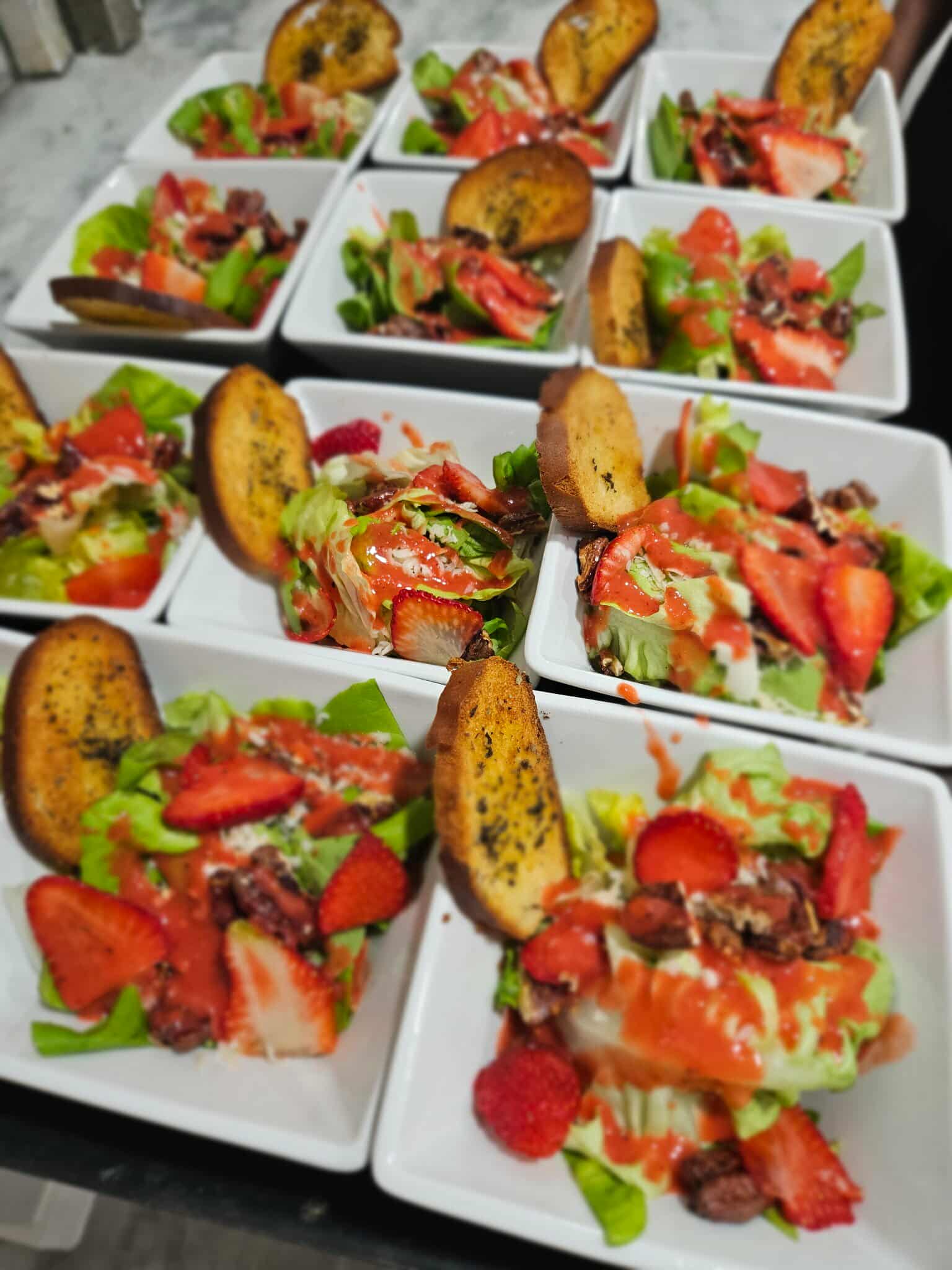
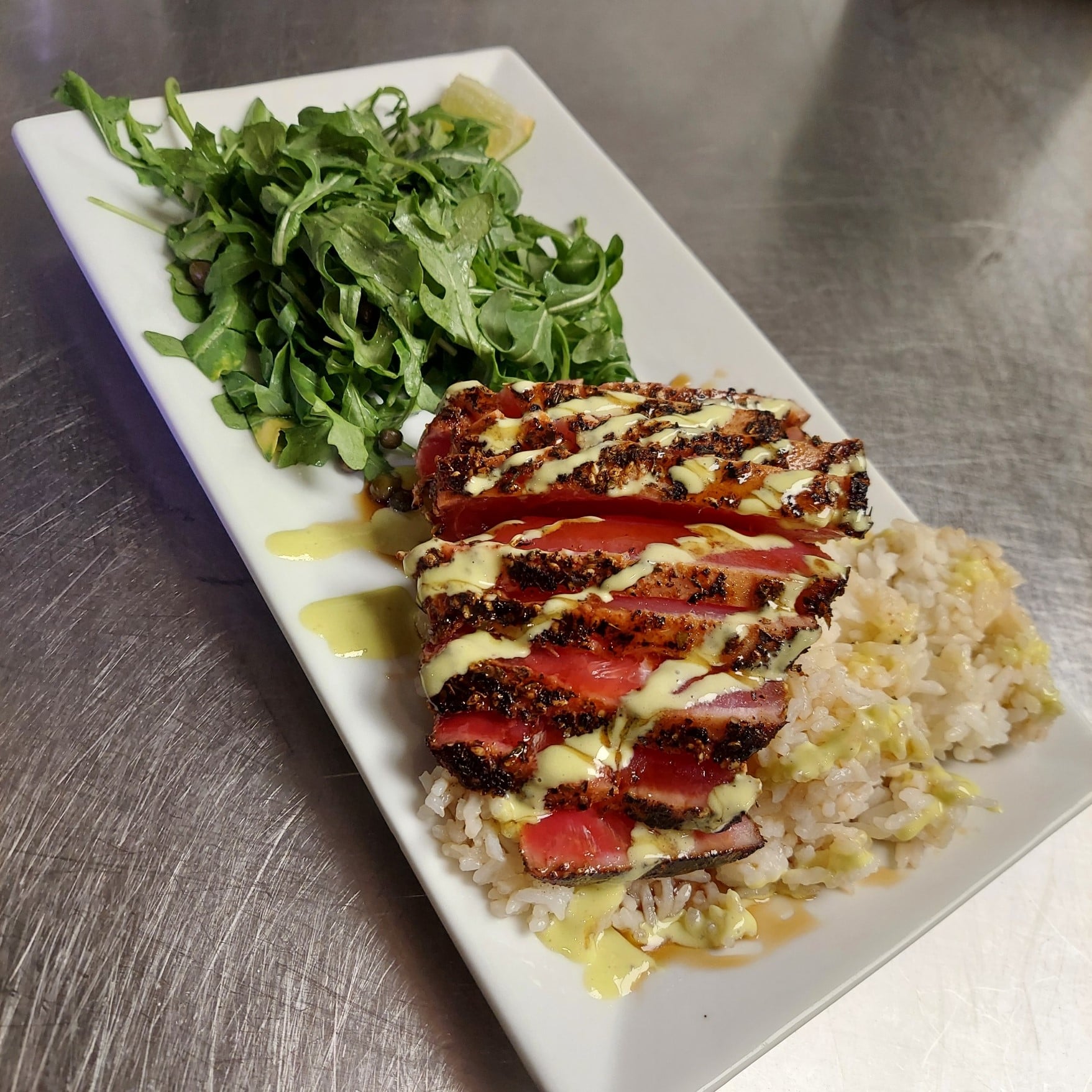
Image Credits
Lori and Aaron French













